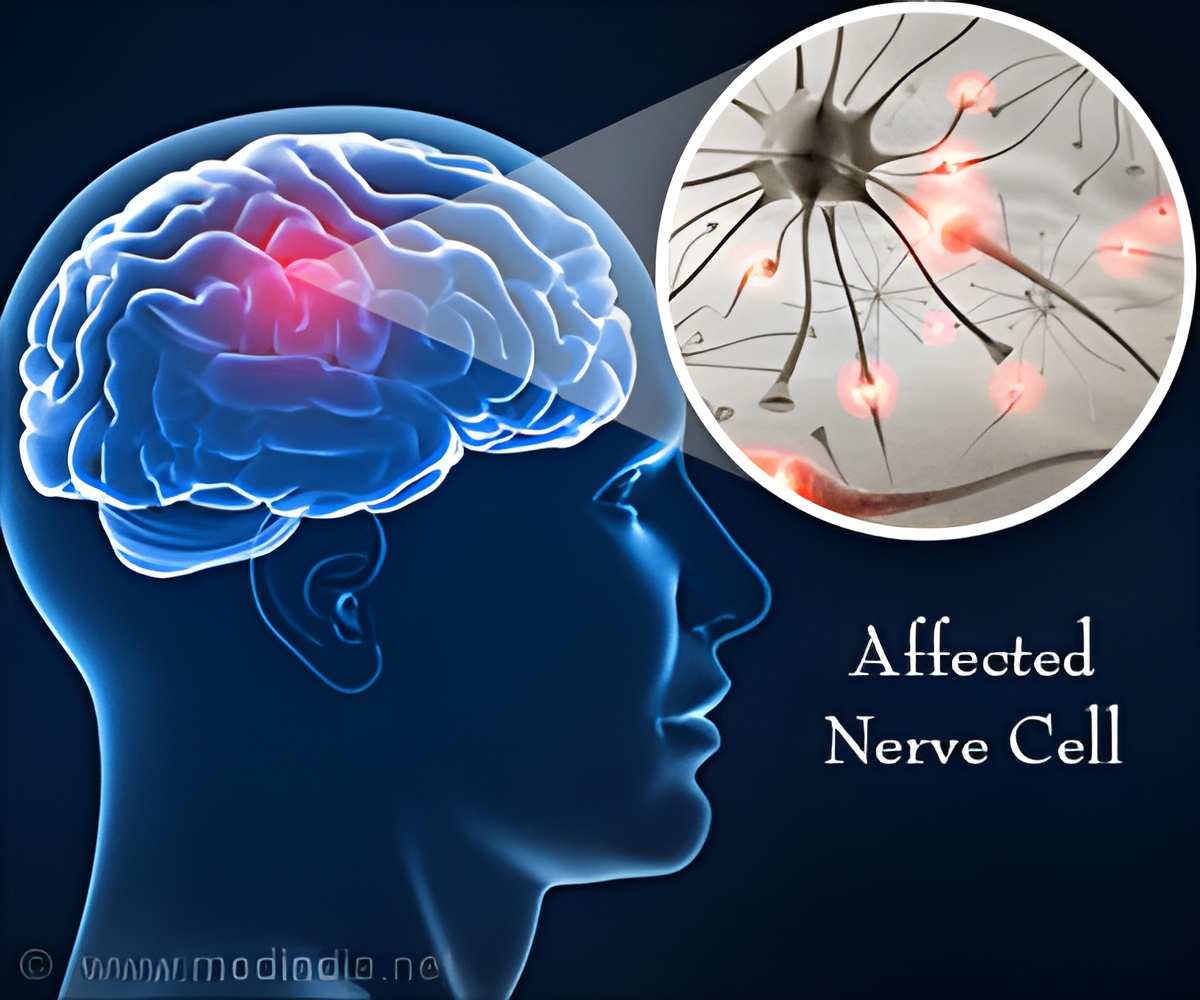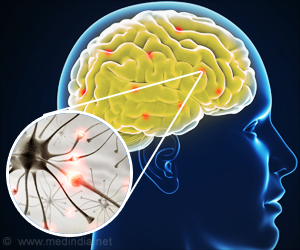
‘ALS is a severe neurodegenerative disorder that causes atrophy, paralysis and eventually respiratory failure. The median survival time for ALS ranges from 20 to 48 months, although 10 percent to 20 percent of patients can live longer than 10 years.’
Tweet it Now
There is interest in the potential role of nutrition and environmental factors in the pathogenesis (development) of ALS and in disease progression.The current analysis by Jeri W. Nieves, Ph.D., of the Mailman School of Public Health at Columbia University, New York, and coauthors included 302 patients (178 of them men; average age about 63) with ALS.
The analysis relied on nutrient intake reported using a food questionnaire; rating scores were used to measure function; and respiratory function was measured using the percentage of predicted force vital capacity (FVC). Higher rating scores and a higher percentage of FVC indicated better function.
Antioxidant nutrients, foods high in carotenoids, fruits, and vegetable intake appear to be associated with better ALS function at baseline, according to the results.
Authors note their study results cannot establish cause and effect. Also, the study relied on a food questionnaire and those may not always represent a true daily diet. "Those responsible for nutritional care of the patient with ALS should consider promoting fruit and vegetable intake since they are high in antioxidants and carotenes," the study concludes.
Advertisement









